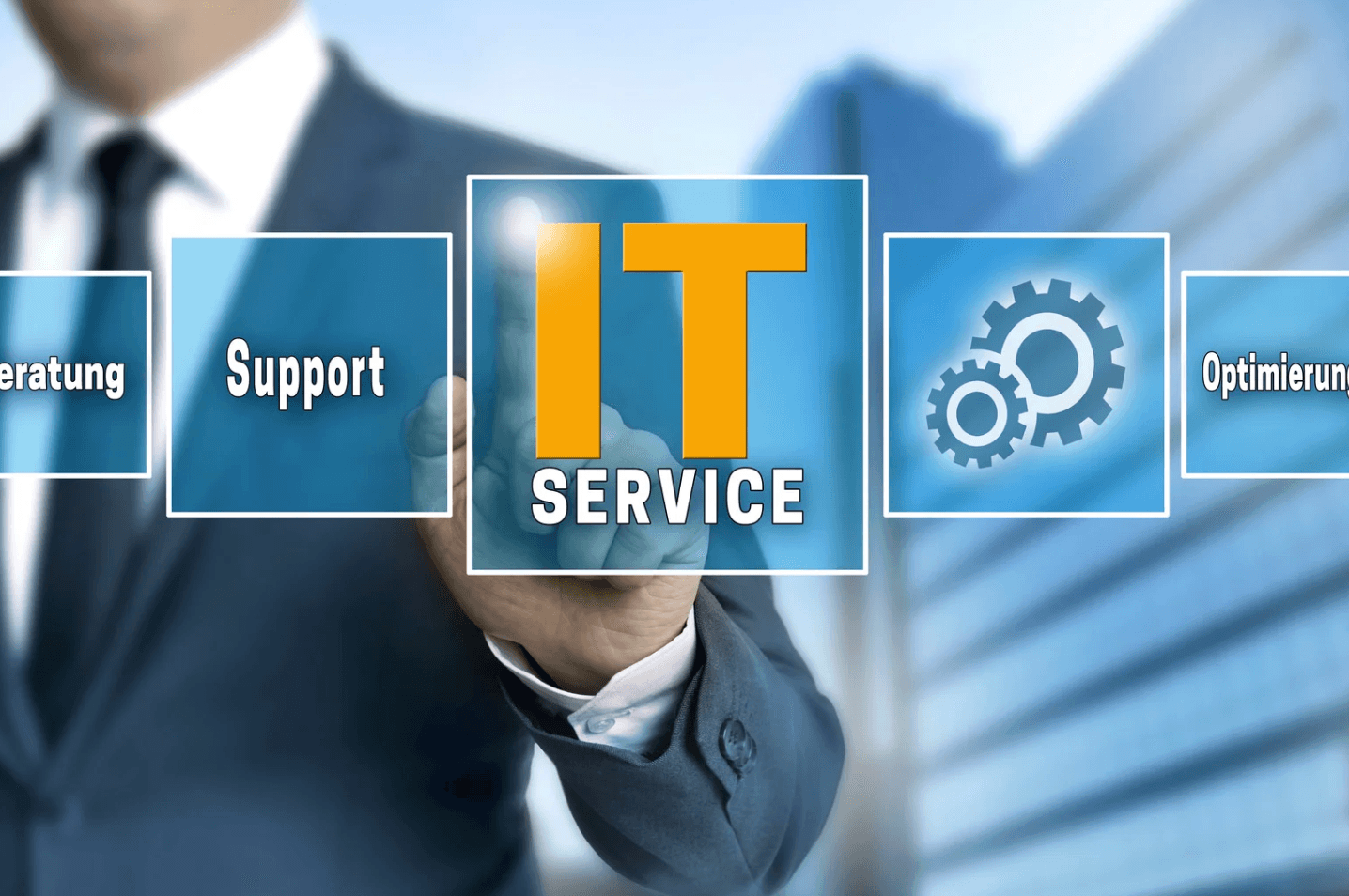In today's fast-paced, technology-driven world, the importance of effective communication cannot be overstated. Communication is the foundation upon which relationships are built, businesses are run, and ideas are shared. Without clear and concise communication, misunderstandings can arise, leading to unnecessary conflicts and barriers to progress.

Effective communication is more than just speaking or writing words. It involves active listening, empathy, and the ability to convey information in a way that is easily understood by others. It also requires the use of various communication tools and techniques to ensure that the message is received and interpreted correctly.
One of the key elements of effective communication is active listening. This means fully engaging with the speaker, paying attention to both verbal and nonverbal cues, and providing feedback to ensure that you have understood the message correctly. Active listening also involves asking clarifying questions, summarizing key points, and reflecting back what has been said to demonstrate your understanding.
Empathy is another important aspect of effective communication. Empathy involves putting yourself in the other person's shoes, understanding their perspective, and responding in a way that acknowledges their feelings and concerns. By demonstrating empathy, you can build trust and rapport with others, leading to more meaningful and productive interactions.
In addition to active listening and empathy, effective communication also requires the ability to convey information in a clear and concise manner. This means organizing your thoughts, choosing the right words, and using appropriate tone and body language to ensure that your message is easily understood. It also involves considering the needs and preferences of your audience and adapting your communication style accordingly.
Communication tools and techniques play a crucial role in ensuring that your message is received and interpreted correctly. These tools can include verbal and nonverbal cues, written communication, visual aids, and technology-based platforms such as email, video conferencing, and social media. By choosing the right tools and techniques for the situation, you can enhance the effectiveness of your communication and ensure that your message is delivered in a way that resonates with your audience.
In the business world, effective communication is essential for building strong relationships with customers, colleagues, and stakeholders. It is key to resolving conflicts, making decisions, and achieving common goals. Without effective communication, businesses can suffer from poor morale, low productivity, and missed opportunities for growth and innovation.
Effective communication is also crucial in education, where teachers must convey information to students in a way that is engaging and easy to understand. By using a variety of communication tools and techniques, teachers can create a positive learning environment, promote collaboration, and ensure that students are able to grasp complex concepts and ideas.
In our personal lives, effective communication is essential for maintaining healthy relationships with family, friends, and loved ones. By expressing our thoughts, feelings, and needs clearly and openly, we can foster understanding, trust, and intimacy in our relationships. Effective communication also allows us to resolve conflicts, navigate challenges, and celebrate successes together.
kd2kub